Grandchildren benefit from a healthy relationship with grandparents that brings significance and security into their lives during their formative years. Grandparents benefit by knowing that they still matter and are needed for who they are, not for their achievements which are quickly diminishing as they face their twilight years. Enjoying activities together is a mutually beneficial situation for both grandparent and grandchild.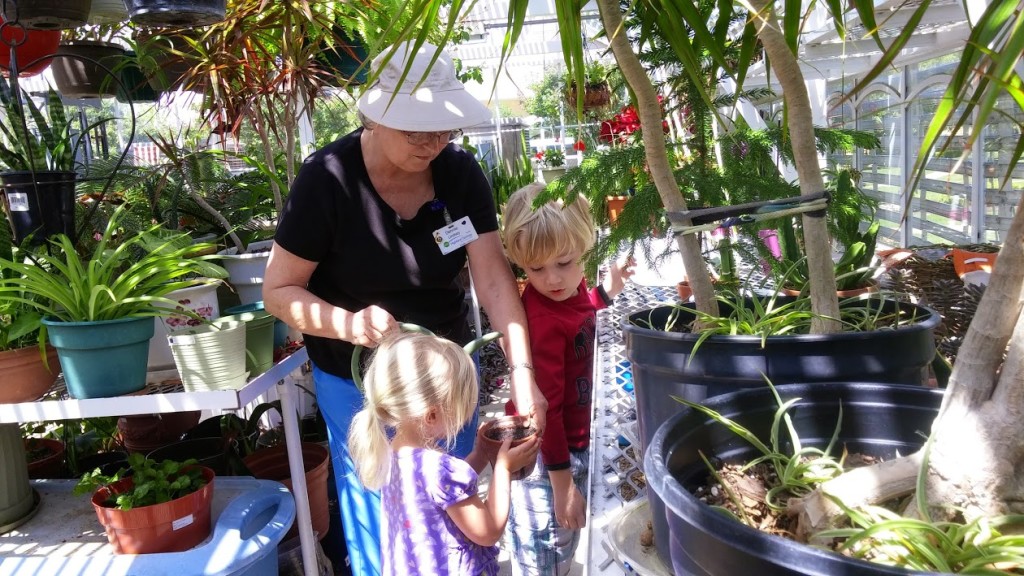
Today because we are living longer it is not uncommon for children to have grandparents and great-grandparents still alive. As a result, it is not unusual to find Alzheimer’s or a related dementia in many families. 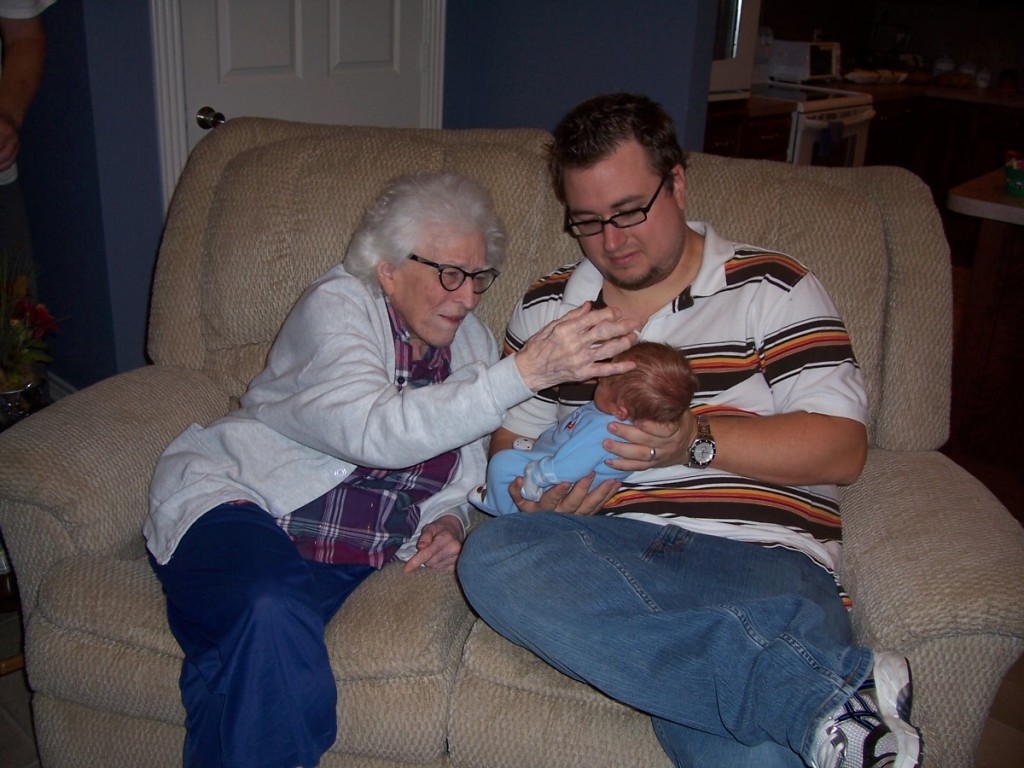
According to the Alzheimer’s Association, 1 in 9 Americans over the age of 65 has Alzheimer’s and one-third of Americans over age 85 are afflicted with the illness. Should these grandparents and great-grandparents be any less important to their grandchildren than those without Alzheimer’s or a related dementia? Of course not.
Those grandparents with dementias can continue to contribute to the emotional security and significance of their grandchildren. It is important to remember that the confusion/memory loss/cognitive decline doesn’t define who the person really is. Their character, experiences, faith, and temperament still have significant contributions to make to others, including their grandchildren.
And in return, the grandparents with dementia continue to deserve to have experiences in their lives that create meaning and to find reasons to laugh, rejoice and love. What better way to achieve this than with a grandchild? It just takes a little help from you, the parent of the child, to make it work.
TIPS FOR PROMOTING LASTING LINKS BETWEEN KIDS AND THEIR GRANDPARENT WITH DEMENTIA
- Prepare your child for what to expect. Talk honestly with your child about his or her grandparent. Use age-appropriate language to explain that the grandparent’s unusual behavior, such as asking the same question several times, is part of an illness. Let them know that this is not an illness that they can catch or that they caused.
- Prepare yourself for what to expect by becoming educated on the nature and progression of the dementia. Grandpa may have been a scratch golfer in his day but to play 18 holes at your local club now would be overwhelming. A better choice of activity would be going to the driving range, a putting green or to a miniature golf course. If that is too much, try Wii Golf or one of the putting cups that can be used at home.
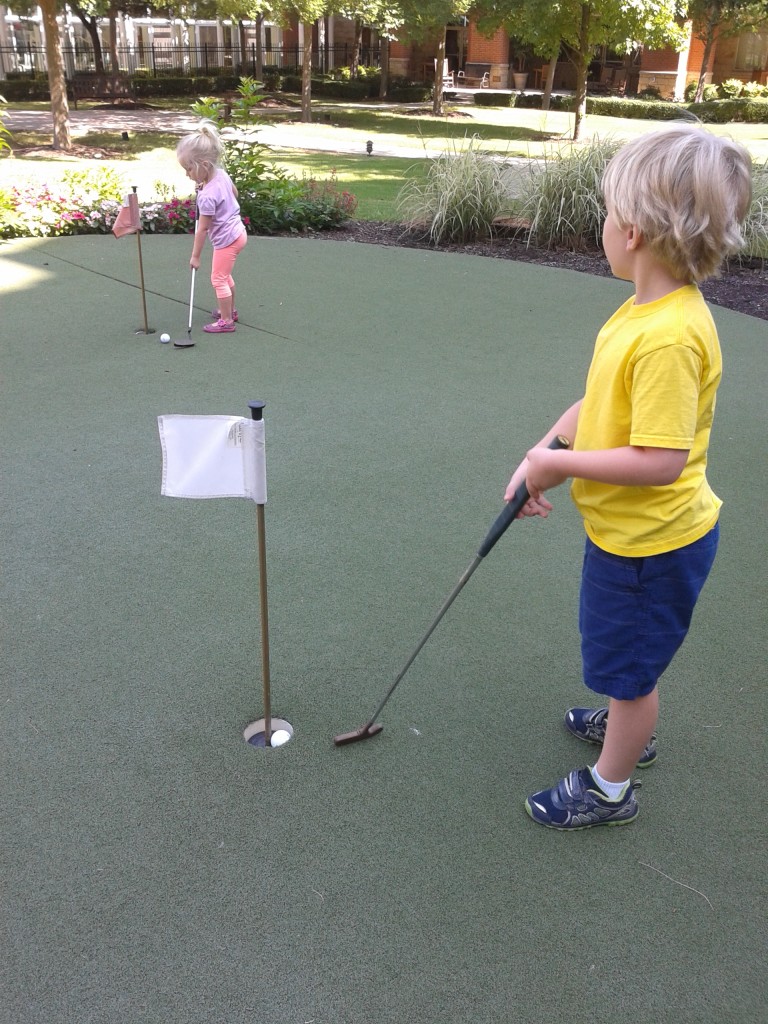
- Prepare activities that both the child and the grandparent will enjoy doing together and can successfully complete. Grandpa may have organized deep sea fishing trips for the whole family at one time, but today his love for fishing can be acknowledged in a more realistic setting like fishing from the bank. Have the rod and reel ready to be used so that the activity can be easily accomplished. Be sure to have several backups handy so he doesn’t have to try to untangle a backlash or replace a lure on the spot. Grandpa may not have the skills to work quickly under pressure as he once did. Prepare ahead of time for that possibility and have what is needed readily available.
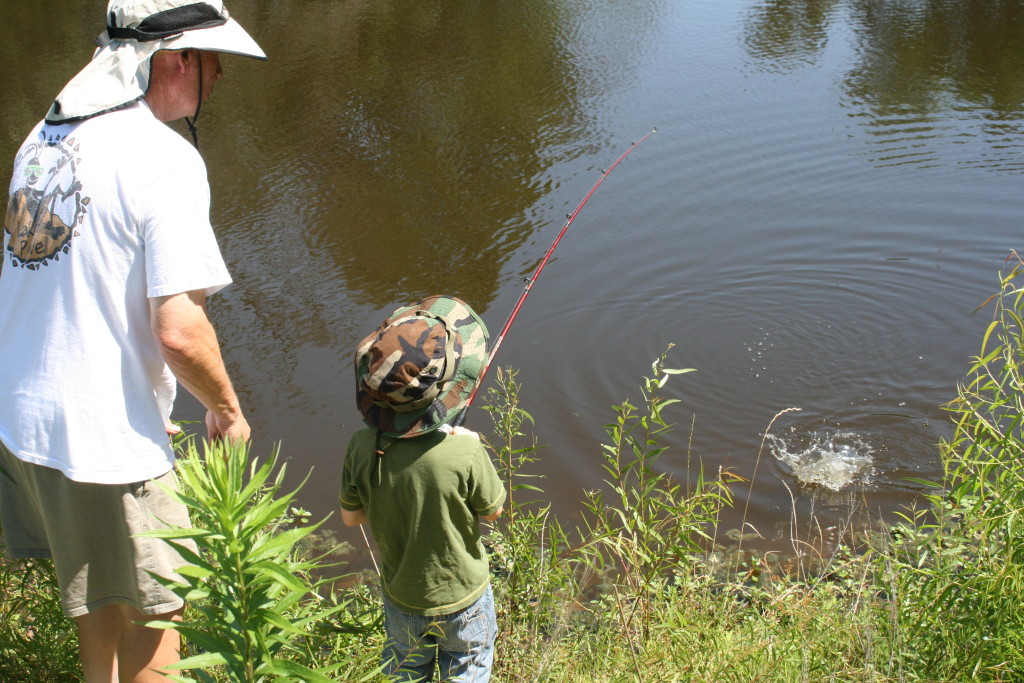
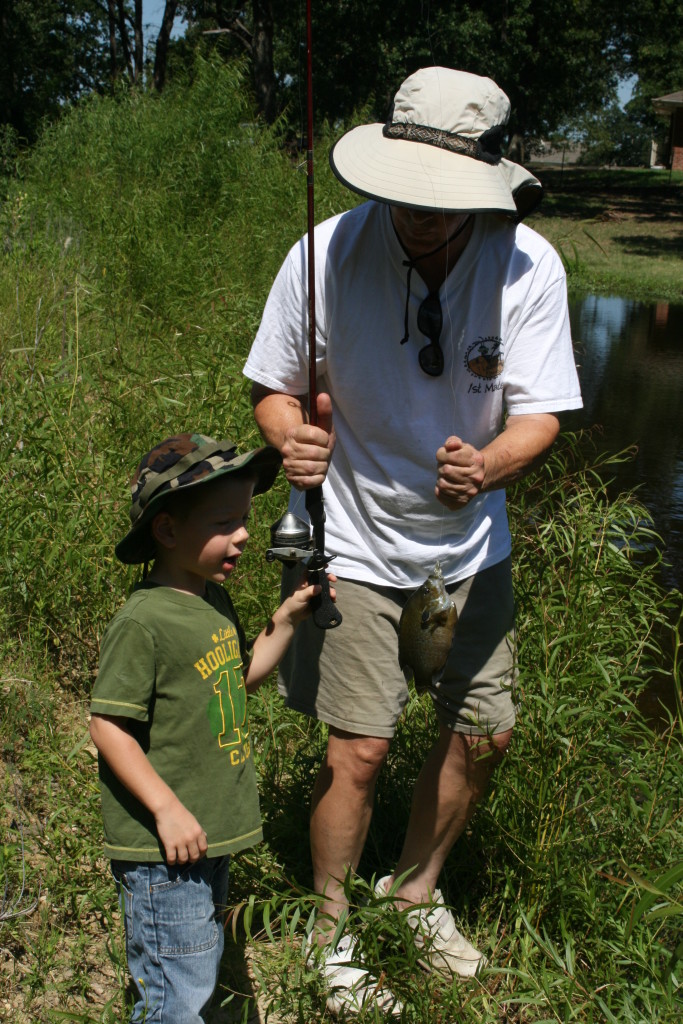
- Prepare to supervise as needed. Stay close enough to assist if needed, but not so close that you are an active participant. Remember, this is bonding time for the grandparent and grandchild, but because of the effects of the dementia, you will want to be alert and available.
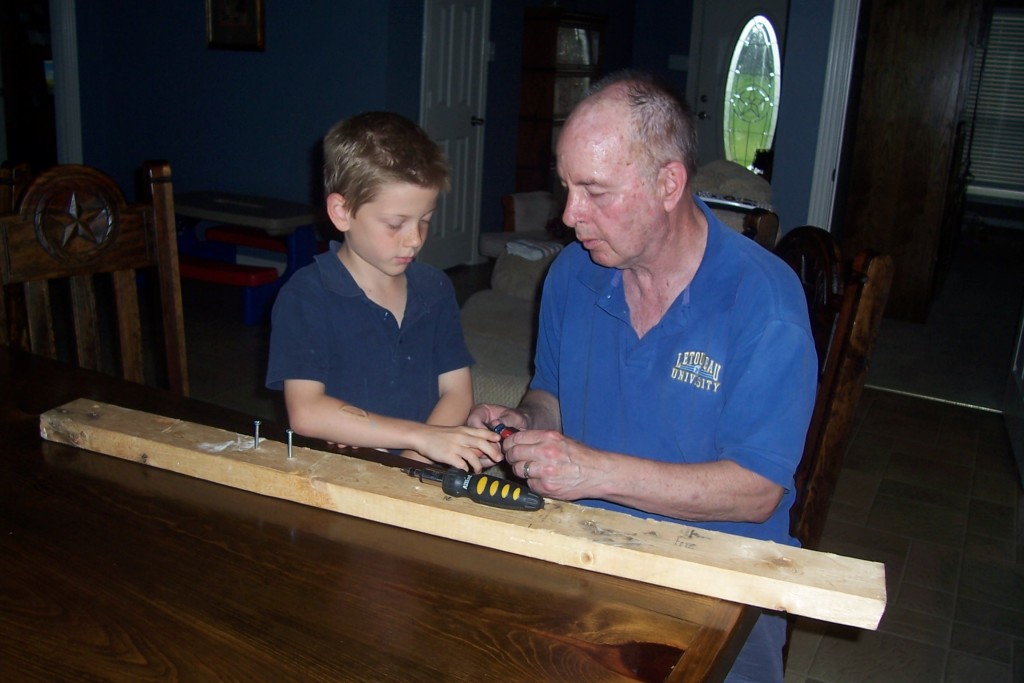
- Prepare to be amazed as you witness links developing between the grandchild and the grandparent in areas of belongingness, togetherness, significance, security and fun!
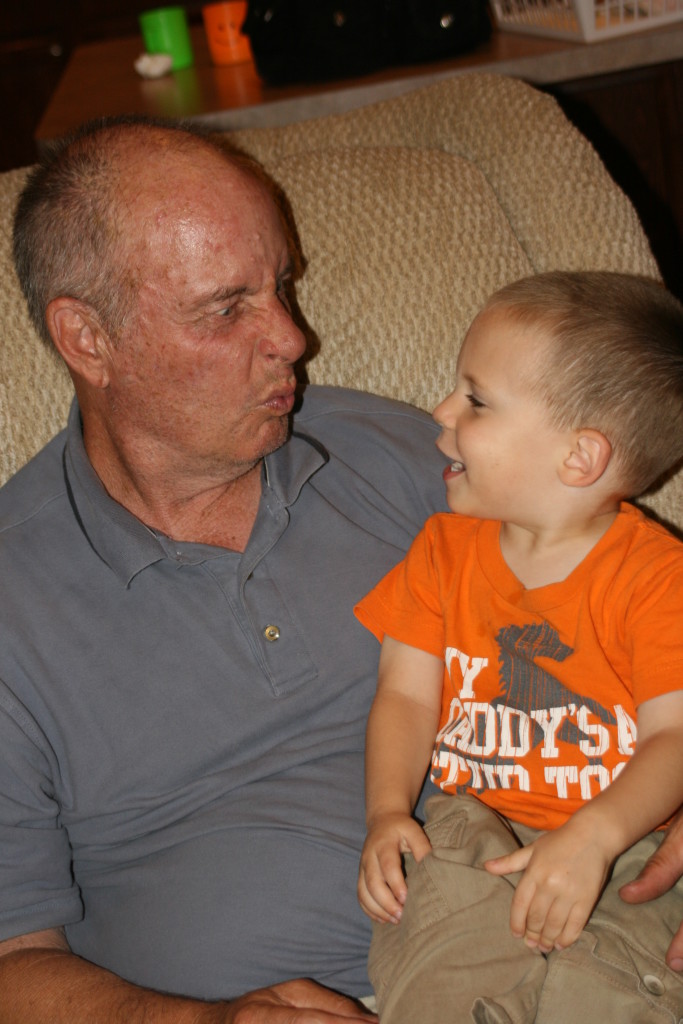
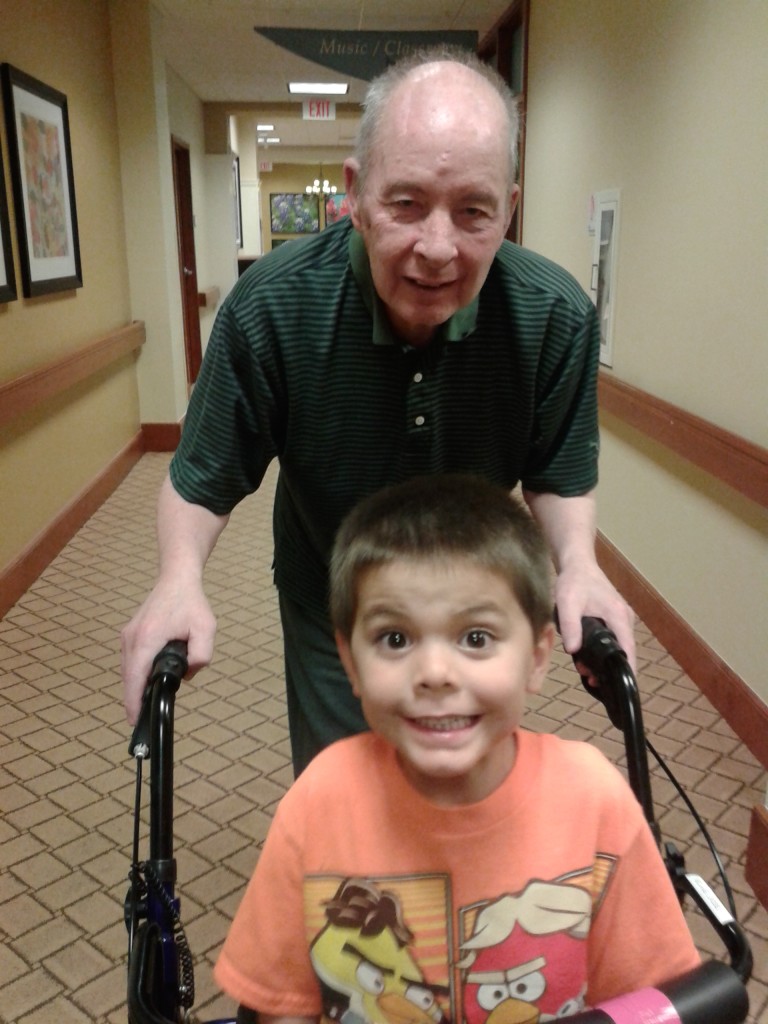
Preparation is the key. Prepare your child, yourself, and the activities. When you do, you will be helping to create links that last a lifetime. 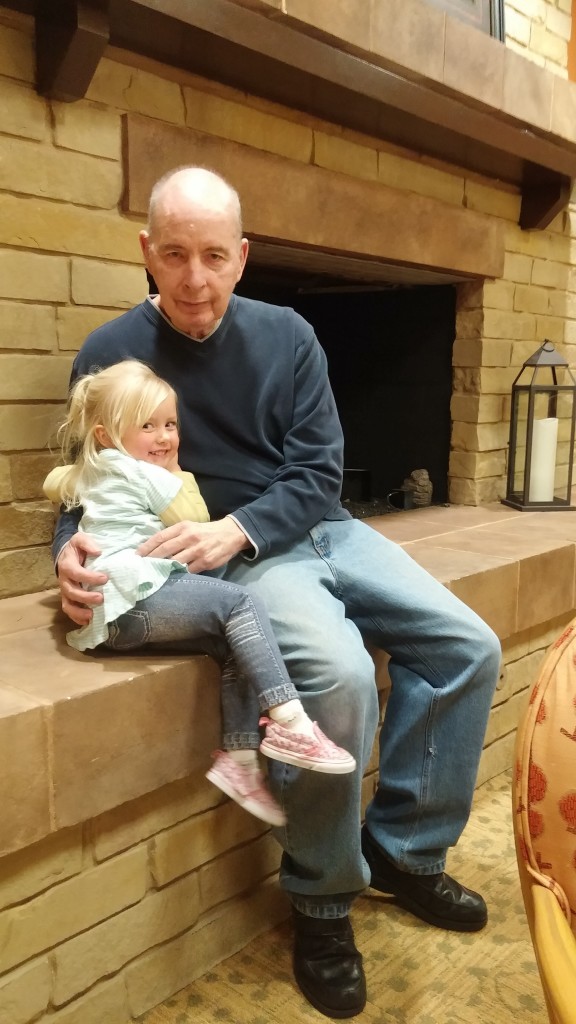
Dennie Lindsey is the creator and administrator of Lady-Links, a group that makes visits to friends who have dementia. She produces a newsletter, a FaceBook page and this website, all designed to promote an understanding and awareness of the types of activities that can be used successfully with those who have dementia. 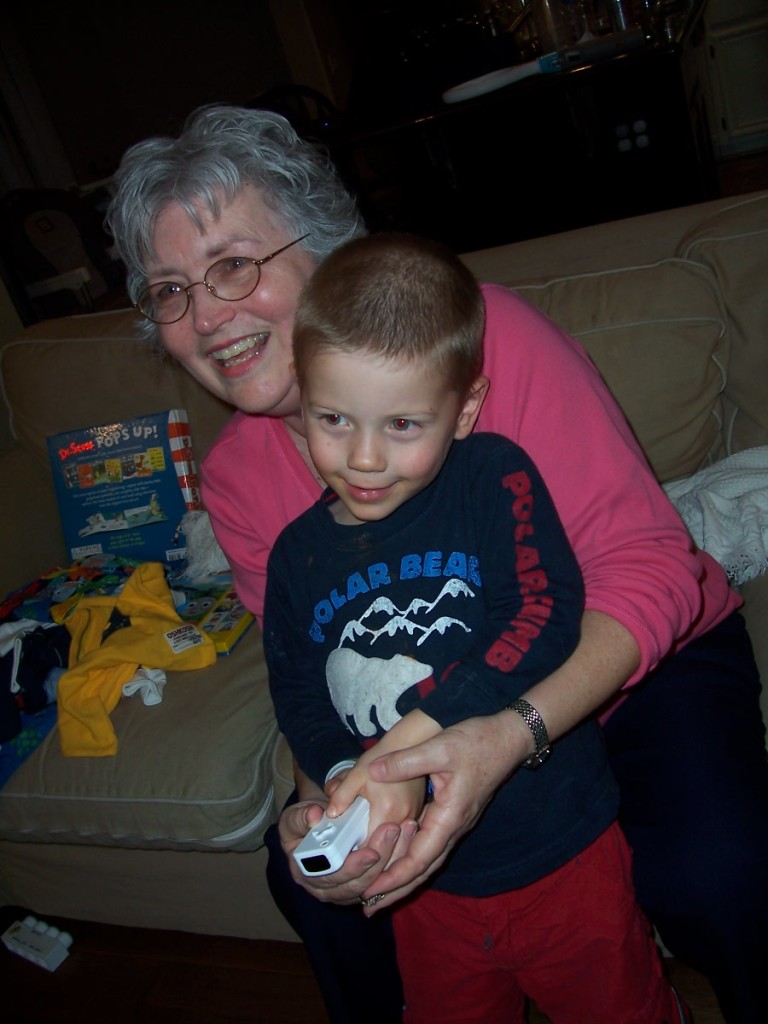
To read the entire original post about grandchildren connecting with grandparents who have dementia that Dennie Lindsey wrote click here.
Speak Your Mind